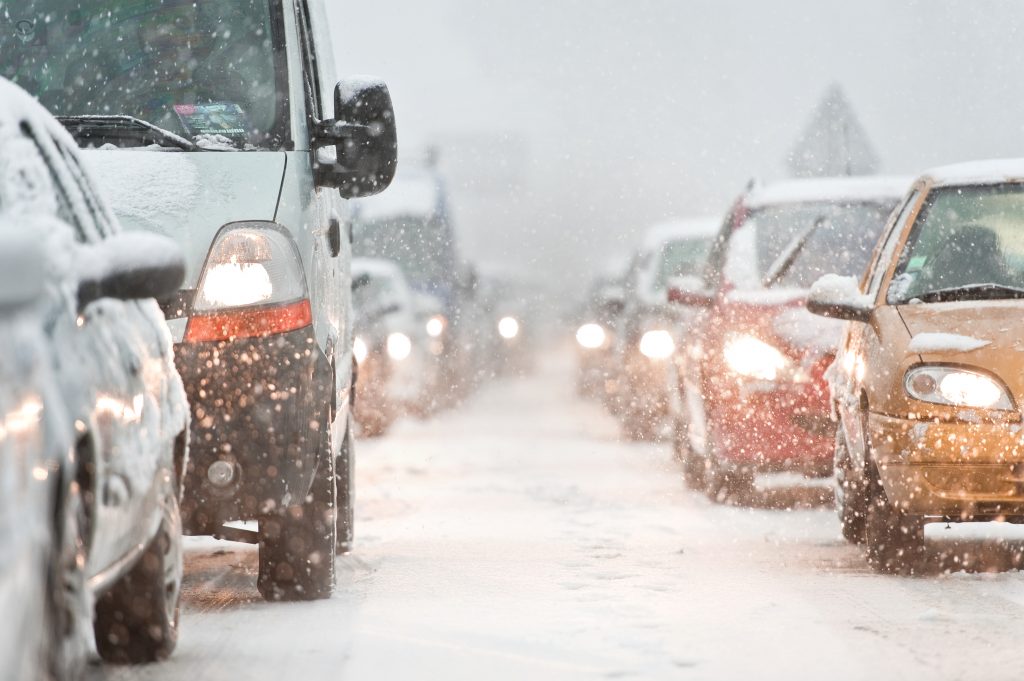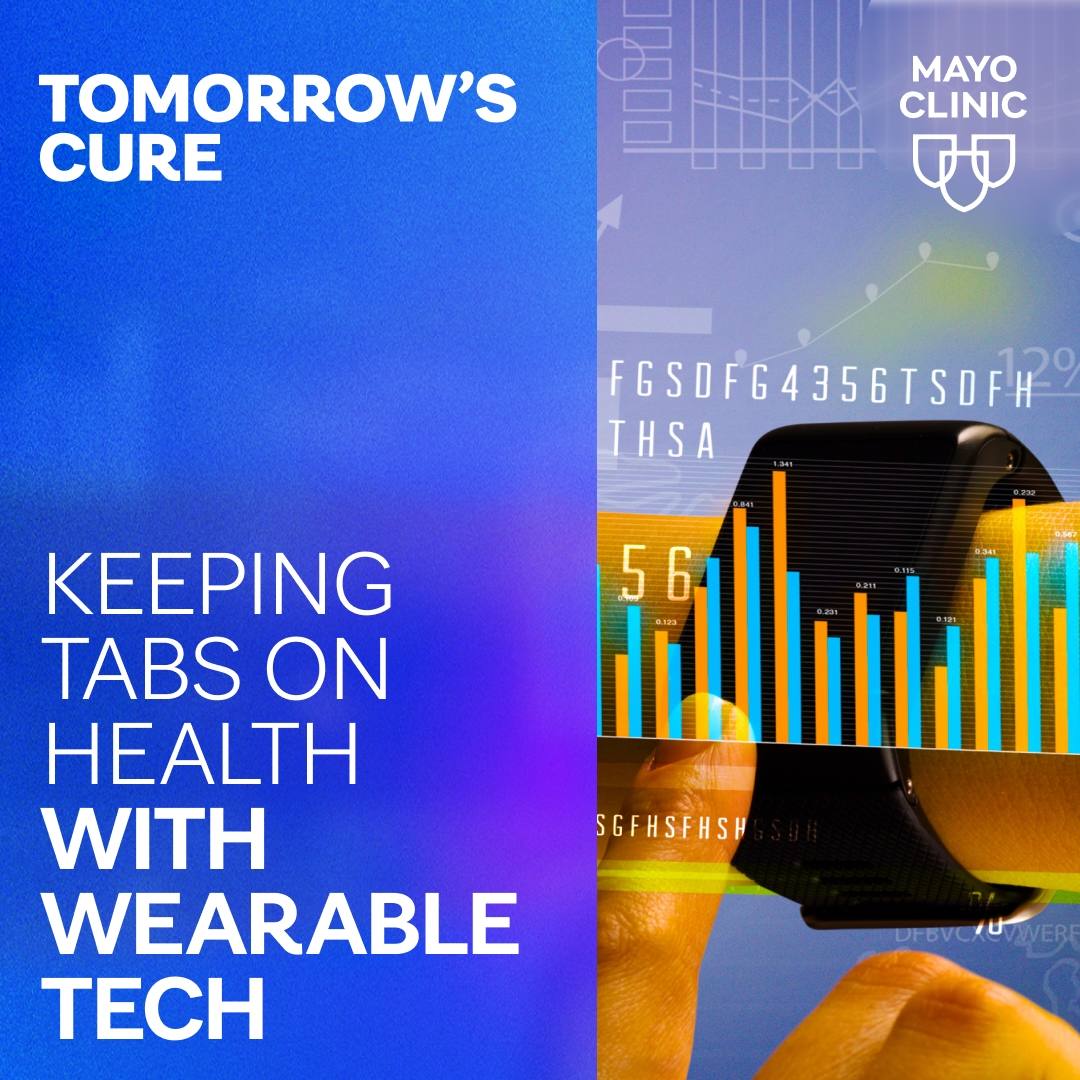-
Staying safe during a major winter storm

As several winter storms are expected to bring freezing rain, sleet and snow across the U.S., the National Weather Service reminds people to be safe and prepare in advance to ensure personal safety and well-being.
As hospital emergency rooms have historically seen an influx of weather-related injuries with each winter storm, it is important to be adequately prepared to reduce the risk of medical emergencies.
Dr. David Nestler, a Mayo Clinic emergency medicine physician, says falls are among the most common emergencies.
"The snow and ice make it easy to slip and fall. We see many, many broken bones because of that," he says. Weather-related vehicle accidents, heart attacks triggered while shoveling snow, and exposure injuries, like frostbite, also send many people to emergency rooms.
Stock up on supplies
Give yourself more time than usual to prepare emergency food, water and medicine supplies. Be mindful when heading out if in-person shopping is your only choice. Try to stock up on what you may need, recognizing that if your electricity goes out, shelf-stable options are essential.
Consider making a menu in advance of shopping, such as a "3-day plan to eat from a can."
Also don't forget to get a first-aid kit and supplies together, including a two-week supply of prescriptions, over-the-counter medication and hand sanitizer, along with bandages and gauze, antibiotic cream or ointment, and sun block. And don't forget about what you need for your children, elder relatives and pets.
Cover up outside and bring appropriate gear
Avoid prolonged exposure to winter weather. This can help in also preventing frostbite, a very serious condition, especially for people who live at a higher altitude, smoke, have a blood vessel disease such as diabetes, or are dehydrated or fatigued.
To help prevent frostbite, dress warmly, in several layers, and make sure you cover your ears, face, head and nose when outdoors. Always opt for closed-toe shoes or boots.
Pack your car with winter storm survival gear, such as blankets, flashlights, matches and an extra change of clothes, in case of emergency.
Injury-free snow shoveling
Shoveling is certainly a workout, but it's an activity that can lead to slips, falls, muscle pulls and more.
If you're inactive and have a history of heart trouble, consider having someone else take on the task of shoveling snow. Heart attacks increase significantly in the winter months, particularly while people are shoveling snow.
Consider these tips:
- Do not shovel while eating or smoking. Avoid caffeine or nicotine before you begin shoveling. This may place extra stress on the heart.
- Warm up your muscles in your arms and legs. Walk for a few minutes and stretch your arms and legs before shoveling. Warm muscles are less likely to be injured and work more efficiently.
- Drink plenty of water. Dehydration is just as possible when you exert yourself in cold winter months as it is in the summer.
- Take it slow! Pace yourself and take breaks. Keep a cellphone handy in case of emergency.
- Don’t pick up too much snow at once. Use a small shovel, or fill it only one-fourth to one-half if you use a large shovel. If necessary, just push the snow as you shovel. It is easier on your back. Keep the load of snow as close to you as possible.
- Protect your back and shoulders. Bend from the knees, not your back. Lift with your legs bent, stand with your feet about hip-width for balance and keep the shovel close to your body. Try not to twist. If you move the snow to one side, move your feet to face the direction the snow will be going.
- Clear snow as soon as it stops falling. Freshly fallen snow is lighter.
As with any natural disaster, it's important to heed the advice of local authorities regarding storm-related conditions. Do not venture out unless it's necessary. But, Dr. Nestler says, "If you begin feeling unwell, especially if you have chest pain, are dizzy or lightheaded, seek medical attention by calling 911."







